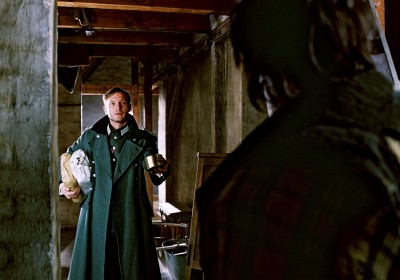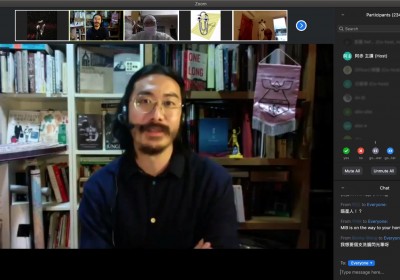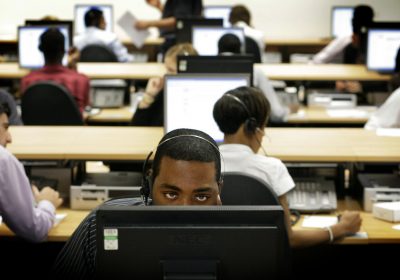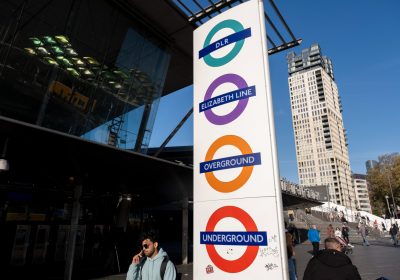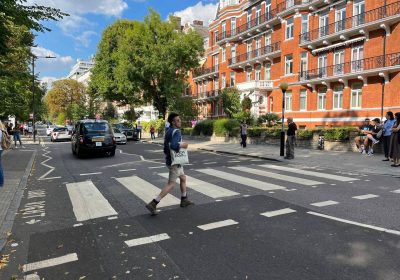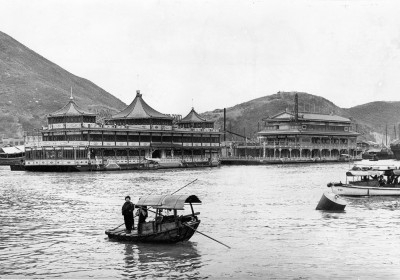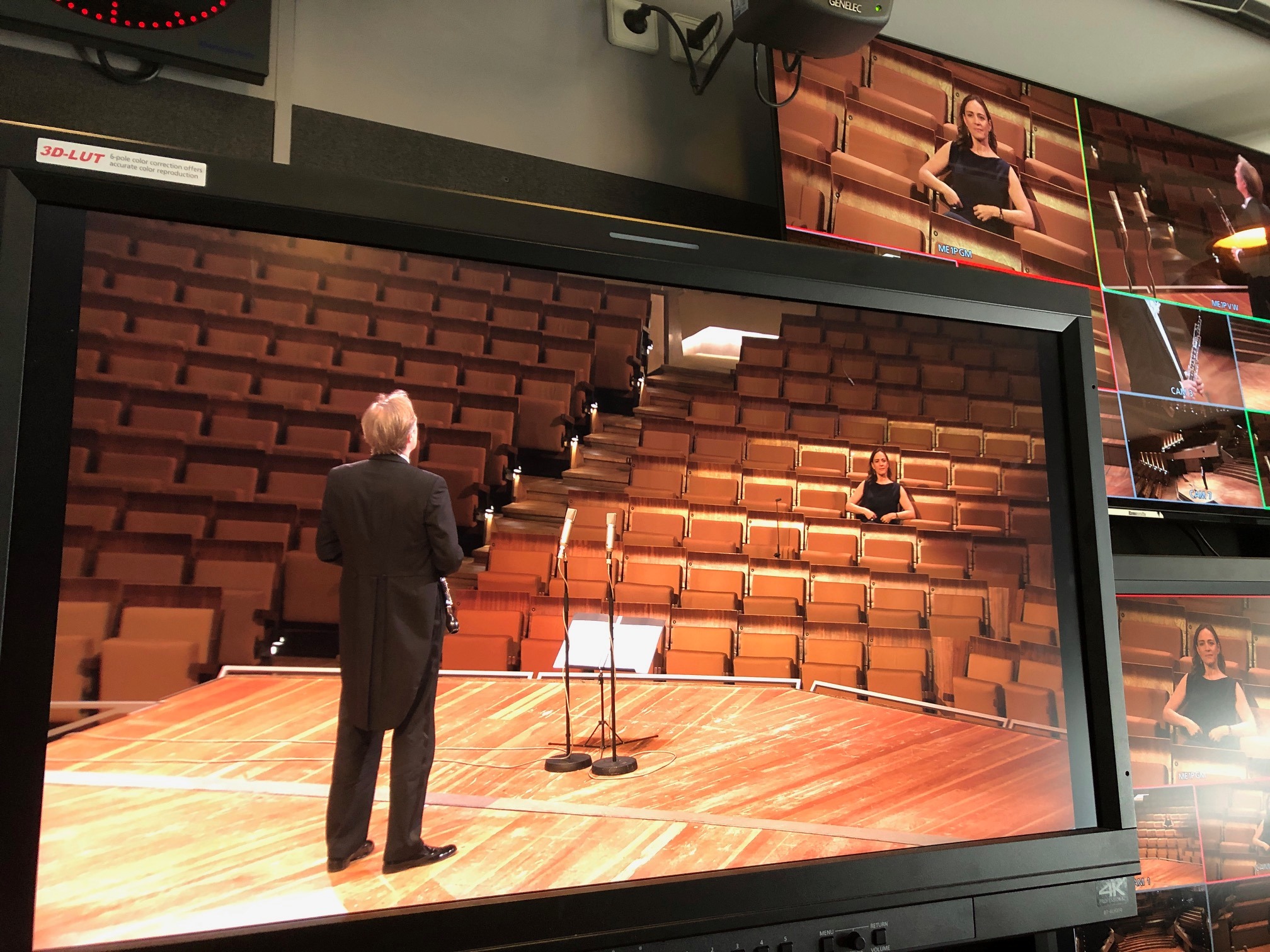
(翻譯內容以英文版本為準)
每年臨近復活節,柏林愛樂樂團都會在德國的溫泉小鎮巴登-巴登(Baden-Baden)舉行一個涵蓋超過 20 場音樂會的音樂節。作為一年一度的盛事,今年當然沒有例外。
適逢 2020 年為德國作曲家貝多芬誕辰 250 週年,柏林愛樂樂團特意準備一連串節目,向這位名垂千古的天才致敬,其中包括歌劇「費德里奧」、雄偉的 D 大調「莊嚴彌撒曲」以及各種悅耳動人的室樂。
除了音樂會外,樂團更邀請多位傑出卓越的學者前來演講。著名獨立學者 Walter Küssner 為樂團的史料存檔員及中提琴手,而他萬眾期待的演講將環繞著貝多芬與樂團前首席指揮福特萬格勒(Wilhelm Furtwängler)的相互關係。福特萬格勒曾在 1922 年至 1945 年間擔任柏林愛樂樂團首席指揮,後於 1952 年至 1954 年再次擔任同一職位。
最令人驚訝的是,樂團亦邀請了一位既不傑出亦不卓越的歷史學家 —— 我。想當然,我感到無比驚喜與榮幸。在 2 月收到樂團的邀請時,我甚至捏揉自己無數次,確保不是在做夢。以我平庸的音樂水平而言,要跟大名鼎鼎的柏林愛樂樂團同台演出簡直是天方夜譚;而這次的客席演講可說是我「受聘」於樂團的最佳機會。看到自己的名字印在世界頂級樂團的宣傳單張上,感覺妙不可言。
我的演講標題為「動員貝多芬:第一次世界大戰時期的柏林愛樂樂團」(Mobilising Beethoven: The Berliner Philharmoniker during the First World War),將會討論:
- 樂團如何在一戰時期透過演出籌款,為當時的德意志帝國作出重要的貢獻;
- 貝多芬的民族主義與愛國主義音樂思想如何與第一次世界大戰扣連;
- 貝多芬的管弦樂作品,特別是「英雄交響曲」、「合唱交響曲」及「帝皇鋼琴協奏曲」中的政治隱喻及象徵。
我非常期待到訪巴登-巴登這個位於德國西南部,風景秀麗而靜謐可愛的小鎮。另外,當我得悉我可以英語演講時,心裡舒了一口氣。在柏林洪堡大學當訪問學者一年後,我的德語能力不俗,而且進步了不少,但口語能力仍然有很大的進步空間。如果用德語講授,我擔心聽眾無法完全理解我的演講。
然而,2020 年 3 月,受新型冠狀病毒疫情影響,許多歐洲國家開始實施旅遊限制,原定在巴登-巴登舉行的音樂節被逼取消。所有音樂會及講座無一例外,一律不能上演。
雖然感到失望,但是我完全理解取消節目的必要性。現在疫情嚴峻,公眾活動只會帶來危險,避免大型集會才是上策。我只希望再有機會一圓心願,有機會與樂團合作,促成一次成功的「首演」,並將我的研究與熱誠分享予來自各地的觀眾與樂迷。
另一邊廂,在近期的艱難情況下,我不得不讚揚柏林愛樂樂團的善意,在非常時期,讓樂迷安在家中亦能觀賞樂團舉辦的演出。柏林愛樂是全球唯一提供「數碼音樂廳」的樂團,讓樂迷在網上串流播放過去的演出、相關訪問及紀錄片等珍貴的錄像資料,一般的收費為一個月 14.9 至 19.9 歐元。目前柏林愛樂廳因應疫情而關閉,樂團於是免費開放錄像資料 30 天,讓觀眾在家享受著名指揮及樂手的音樂演出。
當前的疫症幾乎影響世界上的每個樂團:音樂廳關閉、音樂會取消、音樂家的生計受到威脅。儘管明白社會在短期內難以回復正常,我仍衷心希望商業世界和文化世界在未來數年不會受到太大的衝擊。
My ‘Debut’ with the Berliner Philharmoniker
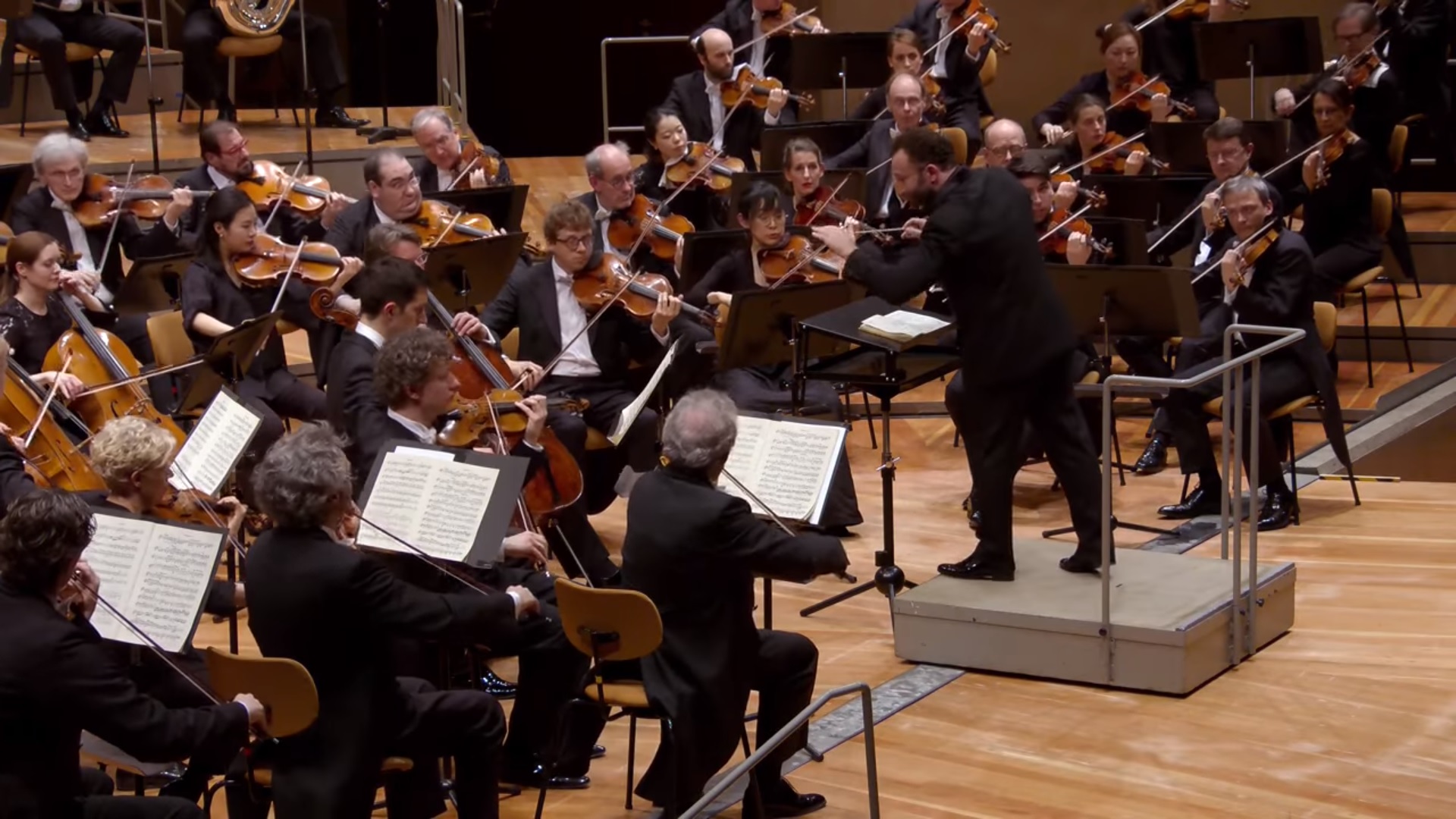
Every year around Easter, the Berliner Philharmoniker takes up a residency in the German spa town of Baden-Baden, performing at least two dozens of concerts as part of the annual Easter Festival. This year was no exception.
Since 2020 is also the year that commemorates the 250th birthday of Ludwig van Beethoven – one of the most well-known, influential and eminent composers in history – the Berliner Philharmoniker prepared various programmes that celebrated the works of this German composer at the Festival, including a brand new production of the opera Fidelio, the majestic Missa solemnis in D major as well as a wide array of delightful chamber music.
To complement these concerts and to augment the glamour of the Festival, the Berliner Philharmoniker invited some distinguished and remarkable scholars to give lectures on Beethoven. Walter Küssner, a notable independent scholar who is also the orchestra’s historical archivist and tutti violist, was set to present his lecture on the interrelationships between Beethoven and Wilhelm Furtwängler, who served as Chief Conductor of the Berliner Philharmoniker between 1922 and 1945, and again from 1952 to 1954.
Surprisingly, the Berliner Philharmoniker also invited an undistinguished and unremarkable historian – Me. Needless to say, I was deeply surprised and honoured when I received the invitation from the orchestra’s administration back in February 2020, and had to pinch myself hundreds of times just to make sure that I was not dreaming. It was simply impossible for a musician of my mediocre calibre to ever have the chance to share a concert stage with the Berliner Philharmoniker. This guest lecture is probably the closest I could ever get to being ‘hired’ by the greatest orchestra in the world, and to see my name printed on their promotional materials and flyers.
My lecture was titled “Mobilising Beethoven: The Berliner Philharmoniker during the First World War”, which aimed at discussing i) how the orchestra, through their performances and fundraising activities, made a seminal contribution to Imperial Germany during the First World War; ii) how Beethoven’s nationalistic and patriotic musical ideas became increasingly relevant to the German war efforts; and iii) the symbolic and political meanings of Beethoven’s orchestral works, in particular, his Eroica Symphony, Choral Symphony and Emperor Piano Concerto.
I was greatly looking forward to visiting Baden-Baden, a scenic, tranquil and lovely town in south-Western Germany. Additionally, I was genuinely relieved that I could give my lecture in English. My German language skills are adequate and have improved substantially during my year-long residency as visiting scholar at the Humboldt University of Berlin. However, my spoken German still requires a substantial amount of polishing and refinement, and I was worried that the audiences would not be able to fully understand my lecture, should it be delivered in German.
Then, in March 2020, due to the ongoing Covid-19 pandemic and the travel restrictions imposed by a host of European nations, the Easter Festival was forced to be cancelled. All of the Berliner Philharmoniker’s concerts in Baden-Baden would no longer take place, and the accompanying events, such as the academic lectures, were also removed from the programme.
I was, of course, disappointed but also fully appreciated the necessity of these actions. There was simply no way that this Festival, and its concerts, could continue to be held under these circumstances. Public gatherings were simply too dangerous and risky, and should be avoided at the moment.
I can only hope that I would get another opportunity to have my ‘Debut’ with the Berliner Philharmoniker, and share my research and passion with audiences around the world.
On a related matter, in these difficult times, I must applaud the actions taken by the Berliner Philharmoniker to keep classical music aficionados entertained, and more importantly, at home. This German orchestra is the only organisation in the world with a ‘Digital Concert Hall’, where one could live-stream its concerts, re-watch previous concerts and also enjoy interviews, short films and documentaries related to the orchestra and its musicians.
Since the Philharmonie, the orchestra’s concert hall in Berlin, was closed in order to help contain the spread of the coronavirus, the Berliner Philharmoniker offered free access to its ‘Digital Concert Hall’ for 30 days, which normally costs 14.90 to 19.90 Euros. This is a very virtuous and respectable decision on the part of the orchestra, by bringing the concerts featuring leading conductors and soloists to the audiences and enthralling them in the comfort of their homes.
Of course, the current pandemic affects virtually every single orchestra in the world, with concert halls closed, concerts cancelled and musicians’ livelihoods under threat. I wholeheartedly long for the days when both the commercial world and the cultural world return to normal, though am fully aware that that might not happen in the near future.

